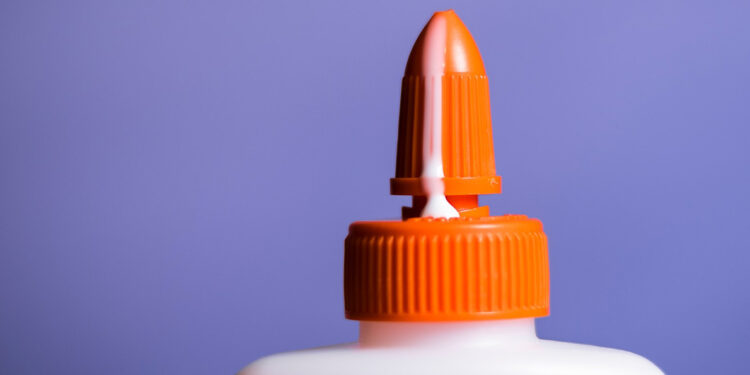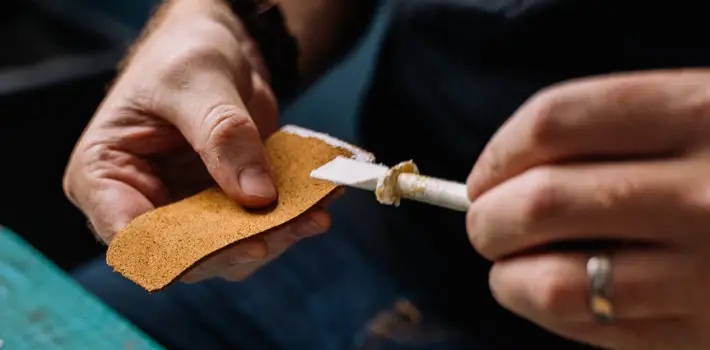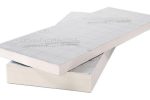The Strongest Metal Glue for your DIY Project

How to choose the strongest metal glues
Next time you’re tempted to throw an object away, consider whether you can repair it instead. Using metal glues to fix and bond everyday objects in your home and garden not only saves money but avoids sending broken items to the landfill – which is a much more eco-friendly choice. It’s a great way to say a firm “no” to more waste on the planet and you will improve your skills working with DIY adhesives.
DIY projects are easy to implement and can be a fun experience when you have the right tools and adhesives. Working with metal can be exciting but you need strong, durable glues that bond fast and are suited to the job at hand. Knowing which glue to use to create a strong bond will help you decide which one is right for your DIY job and which one provides the strongest bond. There are different types of metal glues which offer different (but similar) properties.
Types of metal glues
There are three main types of metal glue:
• Super Glue
• Polyurethanes
• Epoxy glue
Understanding the particular properties of each adhesive will help you figure out which job each is suited for. Let’s take a look at each one to help you decide which one is perfect for your DIY task.
Super Glue
You may think of Super Glue as the ideal choice for arts and crafts or mending small, plastic appliances but it can be used to bond metals and it does this very well. Made of ethyl cyanoacrylate, super glue bonds quickly, making it ideal for metal-to-metal bonding. They can bond metals almost instantly. Super Glue dries on metals to form a transparent, strong, invisible bond and it only takes a few seconds. It’s very strong, so it’s great for kitchen appliance repairs or fixing sports equipment.
Polyurethanes
Ideal for bonding metals, polyurethanes are water and UV-resistant glues which don’t become brittle over time and are quick-drying and water-resistant once cured. These glues need moisture to set but once cured you can paint over them, stain or sand the finished product. These glues have no shrinkage and are heat-resistant making them ideal for kitchen appliances and any item that is exposed to heat. Here are some more tips for working with polyurethane glue.
Epoxy adhesives
Epoxies are by far the strongest metal-to-metal bonds. They are usually sold in an easy-to-use syringe which contain a separate resin and a hardener. These combine within the syringe to create strong, long-lasting metal bonds and can even join metal and concrete surfaces. A two-part syringe epoxy is the absolute ideal for larger metal bonding projects. They set within five minutes and create a very long-lasting, strong bond. They can also repair gaps on metal and stone objects.
Surface preparation
Some surfaces may need slight preparation before bonding. Check out these steps for working with metal surfaces before getting started.
With the right technique it’s easy to get fast and strong results with different types of glues.
If you’re new to DIY you may want to take a look at some other tools and equipment that can help you implement a whole range of different projects in your home and here are some more DIY ideas that will help save money!
Getting started on DIY projects is much easier when you take the time to learn about the tools and equipment you are using. The three most popular metal glues all offer different benefits when it comes to metal bonding but the strongest glues are epoxies. Choose an adhesive based on the strength of bond needed and whether you need to sand , paint or drill the metal afterwards or whether you need the bond to be heat and water resistant. Most glues bond in under five minutes making them the perfect choice for fast repair jobs in the home or garden.










